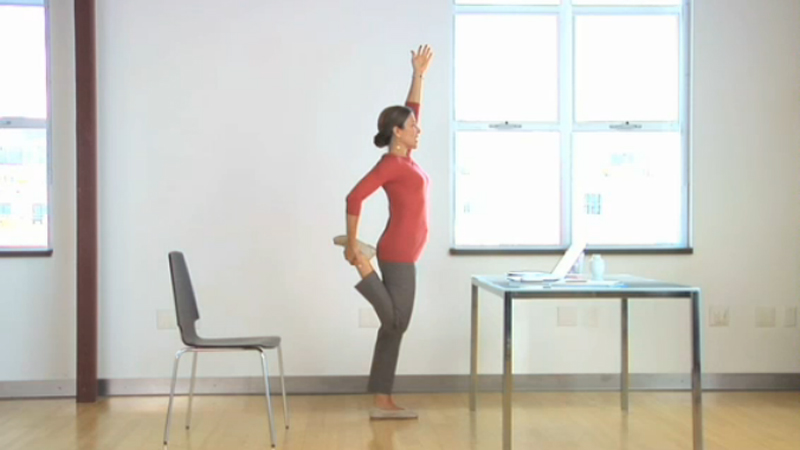As time has progressed throughout history, students from different ages and backgrounds seem to have the belief that cramming and pulling all nighters are beneficial to our output on exams. However, despite said belief, taking study breaks throughout periods of studying are extremely beneficial for an individual’s grades. Scientists have found more about the nature of our brain’s attention spans and how the brain demonstrates that even brief distractions or time away from the materials being reviewed can drastically improve an individual’s ability to focus on tasks for prolonged periods of time.
An example of these scientists making said discoveries would be in 2011, psychology professor named Alejandro Lleras of the University of Illinois, conducted a randomized control study in which eighty four test subjects (students whose ages ranged from 18 – 20 years old) were divided into four groups that all performed the same repetitive, computerized task for 50 minutes. All four groups were given a set of numbers prior to the start of the 50 minute study and were told to state if they saw these numbers at any point during the trials. Three of these four groups were not given breaks and as time went on, their ability to identify the numbers decreased as the one controlled group who were given three-five minute breaks managed to score significantly higher.
Not taking breaks while putting our brains through long periods of strain such as partaking in long study sessions would be the just as detrimental as putting our bodies through intense physical workouts without rest or water. Eventually, our bodies would give out in the form of physical injury or a potential loss of consciousness. Same goes with our  brains. According to Amy Arnsten, a professor of neurobiology at Yale University, long periods of mental strain and stress during times such as cramming for an exam to prolonged periods of studying can cause our brains to “short-circuit” causing our brains to stop taking in information in front of us and more times than not, will forget or disregard what it is we have previously studied or work on. This “short-circuit” also causes our brains to linger off and rather than take in materials, can lead individuals into a period of day dreaming. In order to reduce the chances of these “short circuits”, one must simply take small study breaks throughout the period of study.
brains. According to Amy Arnsten, a professor of neurobiology at Yale University, long periods of mental strain and stress during times such as cramming for an exam to prolonged periods of studying can cause our brains to “short-circuit” causing our brains to stop taking in information in front of us and more times than not, will forget or disregard what it is we have previously studied or work on. This “short-circuit” also causes our brains to linger off and rather than take in materials, can lead individuals into a period of day dreaming. In order to reduce the chances of these “short circuits”, one must simply take small study breaks throughout the period of study.
Partaking in long periods of studying is perfectly okay to do, but taking breaks is evidently  mandatory. MIT recommends that working for 50 minutes with a ten minute break is the most beneficial and efficient way for one to study. Rethinking your study habits can dramatically improve both your grades and overall ability to retain information as time goes on.
mandatory. MIT recommends that working for 50 minutes with a ten minute break is the most beneficial and efficient way for one to study. Rethinking your study habits can dramatically improve both your grades and overall ability to retain information as time goes on.
Sources Used:
http://www.nytimes.com/2012/06/17/jobs/take-breaks-regularly-to-stay-on-schedule-workstation.html
http://www.washingtontimes.com/news/2009/dec/02/stress-damages-brain/?page=all
http://web.mit.edu/uaap/learning/study/breaks.html
http://psychcentral.com/news/2011/02/09/taking-breaks-found-to-improve-attention/23329.html
 Vitamin Agent The Health & Naturalistic Source
Vitamin Agent The Health & Naturalistic Source





